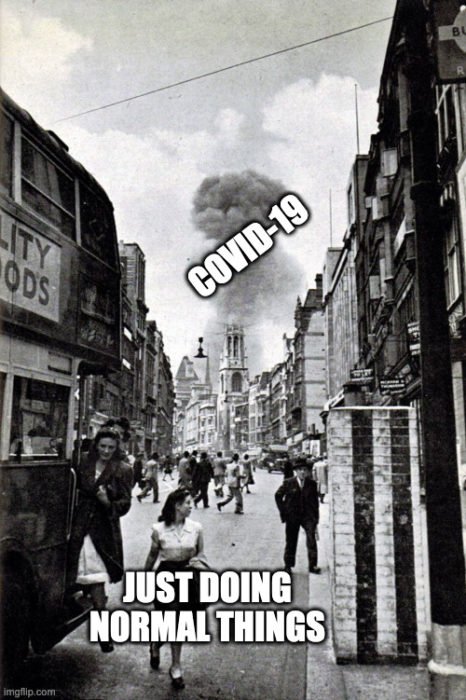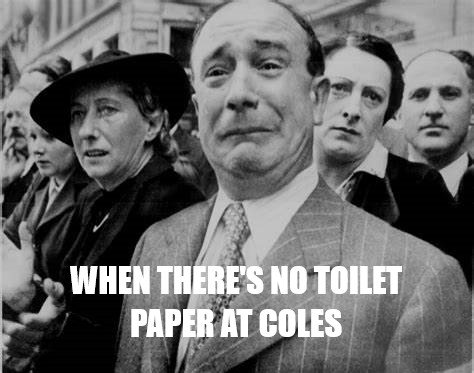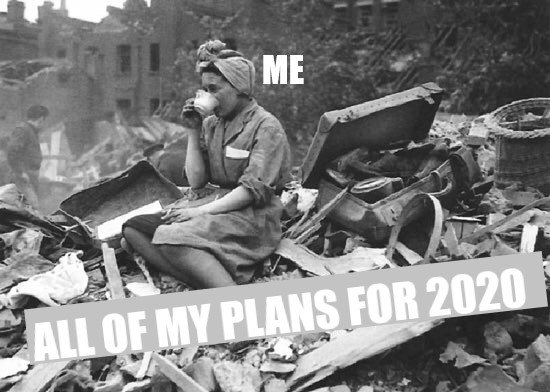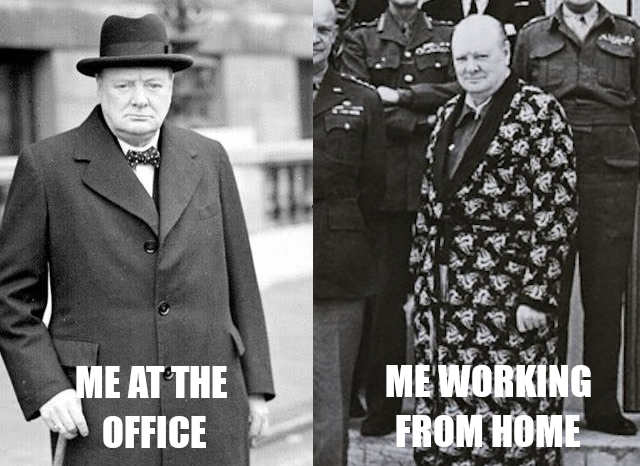
Since last I posted, COVID-19 has continued its spread: the Guardian is currently reporting 378,000 cases worldwide, 16,500 deaths, and 101,000 recoveries. (I post these figures not so much for the information of anyone reading at the present time, but more as context for future readers.) Like most people, I think, I’m coping: healthy, but anxious. Reading and writing history can be a distraction, but not always. In fact, given my historical line, it’s hard not to draw comparisons between the present crisis and the world wars.

I’m hardly the only one doing this, of course, and indeed there’s been much criticism (from historians and others) over the validity of these particular historical analogies. For one thing, part of what is happening now is an economic shutdown, which is the opposite of the total war drive for production. People are being told to stay at home, not go into the factories and fields. And it’s absurd to think of the coronavirus as an enemy which can be defeated in a contest of wills. Keeping calm and carrying on is all very well in a blitz (or not), but it’s bloody stupid in a pandemic.

Mostly, we reach for total war analogies because that’s the best fit to now in our historical memory toolkit. We don’t have anything else on this scale within our public historical horizon: while they do have the scientific or engineering aspects, the Apollo programmes, Tennessee Valley Authorities and Snowy Mountain Schemes were just too limited in their social, economic and geographic effects to approach what is happening now. There’s the 1919 influenza pandemic, of course, except that for some reason it almost entirely slipped out of historical memory long ago.

The total wars of 1914-18 and 1939-45 were total, or at least totalising: they affected practically everyone in belligerent nations, and many in non-belligerents, at least in some way. In some ways the coronavirus is even more total, because it’s almost all about the home front. Or rather, the home front and the battle front are here so intertwined that it makes little sense to distinguish between them any more. Where is the battle being fought, where will the war be won? Not on the beaches, but in the homes, the offices, the hospitals too.

But what I hope will happen after we get through this is that the present historical moment, and our individual and collective responses to it, will itself become part of our historical memory toolkit. We will then have another analogy apart from total war to help us think about what we can do in the face of the even more total climate emergency that hasn’t gone away.
Talking Heads, just because:
Images source: this thread (I made the top one, from a photo of a V-1 impact taken in Aldwych, London, 30 June 1944; most of the others are by Space Archaeology, I think).
![]() This work is licensed under a Creative Commons Attribution-NonCommercial-NoDerivatives 4.0 International License.
Permissions beyond the scope of this license may be available at http://airminded.org/copyright/.
This work is licensed under a Creative Commons Attribution-NonCommercial-NoDerivatives 4.0 International License.
Permissions beyond the scope of this license may be available at http://airminded.org/copyright/.



What is truly remarkable about the present fuss is that (at least here in the UK) there is such an obsession with not going out at all. Obviously this is a largely urban country, so there’s bound to be some difficulty about maintaining ‘social distancing’ in many cities, but apparently some of our police forces are interpreting the regulations as being instructions to avoid the wide open spaces:
https://www.spiked-online.com/2020/03/26/britain-is-sliding-into-dystopia/
Every bit as bonkers as filling the spare bedroom with toilet paper.
Bearing in mind that this is 5 weeks later, I think it’s clear that it’s better to stay in than go out, as a general rule. Yes, police harassing people sitting in parks is a bit over the top, and we need to keep an eye on civil liberties, but the general idea is right.